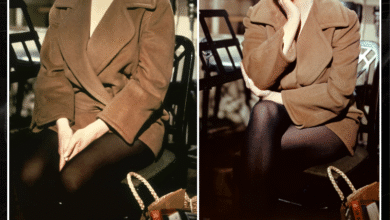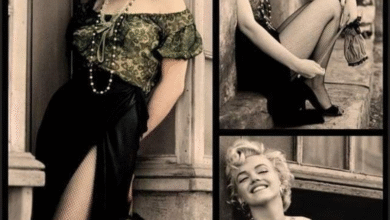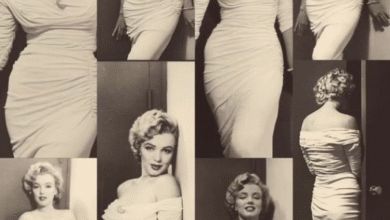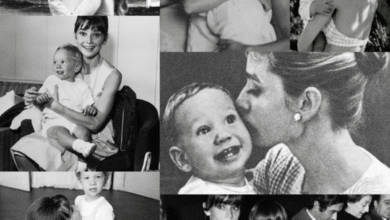The Untold Story of Denzel Washington’s Career-Defining Role as Stephen Biko in Cry Freedom—Oscars Nomination and All!
OPINION: This article may contain commentary which reflects the author's opinion.
Denzel Washington’s portrayal of Stephen Biko in the 1987 film Cry Freedom is a testament to the power of cinema to amplify the voices of those who fought for justice in the face of overwhelming oppression. Washington’s performance in the role of the South African anti-apartheid activist was not only a breakthrough moment in his career but also a poignant reminder of the importance of historical storytelling and the deep emotional resonance of human struggle.
At the time of his audition for Cry Freedom, Washington was still relatively unknown on the global stage, but he brought to life the story of Biko, whose advocacy for Black empowerment and his tragic death in police custody would come to symbolize the fight against apartheid in South Africa. Washington’s portrayal of Biko was marked by its quiet power—his ability to convey a character’s complexity and inner strength through nuanced performance. With minimal dialogue, Washington captured the essence of Biko’s intelligence, charisma, and unwavering resolve against systemic injustice. His portrayal was more than just acting; it was a tribute to a man whose life was dedicated to challenging an oppressive system, and whose voice was tragically silenced too soon.
The film, directed by Richard Attenborough, chronicles the real-life friendship between Biko and journalist Donald Woods, highlighting Woods’ journey from skepticism to advocacy after Biko’s death. While some critics argued that the film’s focus on Woods’ perspective underrepresented Biko’s own experiences, Washington’s performance was universally praised, earning him his first Academy Award nomination for Best Supporting Actor at the 60th Academy Awards in 1988. This nomination marked a pivotal moment in Washington’s career, signaling his ability to bring depth and authenticity to the roles he chose.
Washington’s recognition at the Oscars was not just a personal achievement—it was a moment that amplified Biko’s legacy on a global stage. His performance sparked wider conversations about apartheid and the untold stories of its heroes, helping to further the cultural conversation about racial inequality and justice, both in South Africa and around the world. Washington’s skill in portraying a complex historical figure also laid the foundation for a career defined by roles that explored identity, justice, and human rights, from Malcolm X to Ruben Carter in The Hurricane.
Though Cry Freedom received a mixed critical reception, it earned three Academy Award nominations, including Washington’s. Its legacy, however, is most felt in its portrayal of Biko’s life, which was brought into the homes of viewers around the world. Washington’s quiet strength on screen mirrored the strength of Biko himself, and the film’s exploration of his life continues to educate audiences on the harsh realities of apartheid while inspiring them to continue the fight for freedom and equality.
Denzel Washington’s role in Cry Freedom was not just a career milestone—it was a turning point in his evolution as an actor and an advocate. His ability to bring such emotional depth to a character that represented real-world struggles demonstrated the profound impact that art can have in shaping social consciousness. It is a reminder that, sometimes, the most meaningful performances are not just those that entertain, but those that educate, challenge, and inspire audiences to reflect on the world they live in and take action to change it.
From this pivotal moment in his career, Washington would go on to become one of the most respected actors in Hollywood, not only for his impressive range but also for his commitment to bringing important stories to life. His journey in Cry Freedom reminds us that, often, the most meaningful opportunities in life come from stepping into roles that challenge our own beliefs and push us to see the world through different eyes. Through Washington’s dedication to telling Stephen Biko’s story, he showed us all that s



